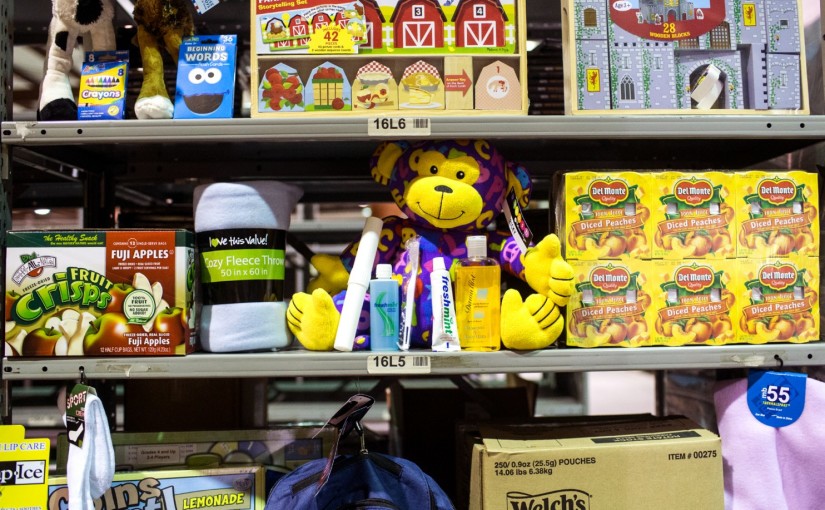In a small, two-bedroom apartment in Corona, Calif., Trinity Santos, 5, reads her hardcover copy of “Green Eggs and Ham” again and again. She never tires of the Dr. Seuss classic, sometimes reading it to her 3-year-old brother, Joshua, said their mother, Diane.
Life is a struggle for the Santos family. Diane worked as a waitress before her children were born, and the family of four lives on the $35,000 that her husband earns as a phlebotomist. They don’t have much.
But the children own the four dozen books in a small, homemade bookcase, courtesy of First Book, a nonprofit organization that combines market forces and philanthropy to get new books into the hands of poor children to encourage early reading.
“I didn’t have books at home when I was growing up in the Philippines,” said Diane Santos, 33, who connected with First Book through a local parent education program she attended shortly after Trinity was born. “I learned the most important thing is reading with them, talking to them, introducing new words.”
First Book, founded in the District in 1992, has grown into a sophisticated national enterprise that gave away more than 15 million new books to low-income children and teens in 2015. But as financial troubles have deepened in households nationwide, First Book has turned to items well beyond books, this year adding winter coats, nonperishable snacks, toothpaste, fleece blankets, underwear and other goods to its charitable arsenal.
“There’s a profound need that is really unprecedented,” said Kyle Zimmer, 55, a onetime corporate lawyer who formed First Book with two friends after she volunteered at a D.C. soup kitchen and realized that many of the children had no books at home.
Even as the economy recovers from the housing collapse of 2008, many families continue to falter. The number of homeless children in public schools has doubled since before the recession, reaching a record total of 1.36 million nationwide in the 2013-2014 school year, the most recent one for which data is available.







